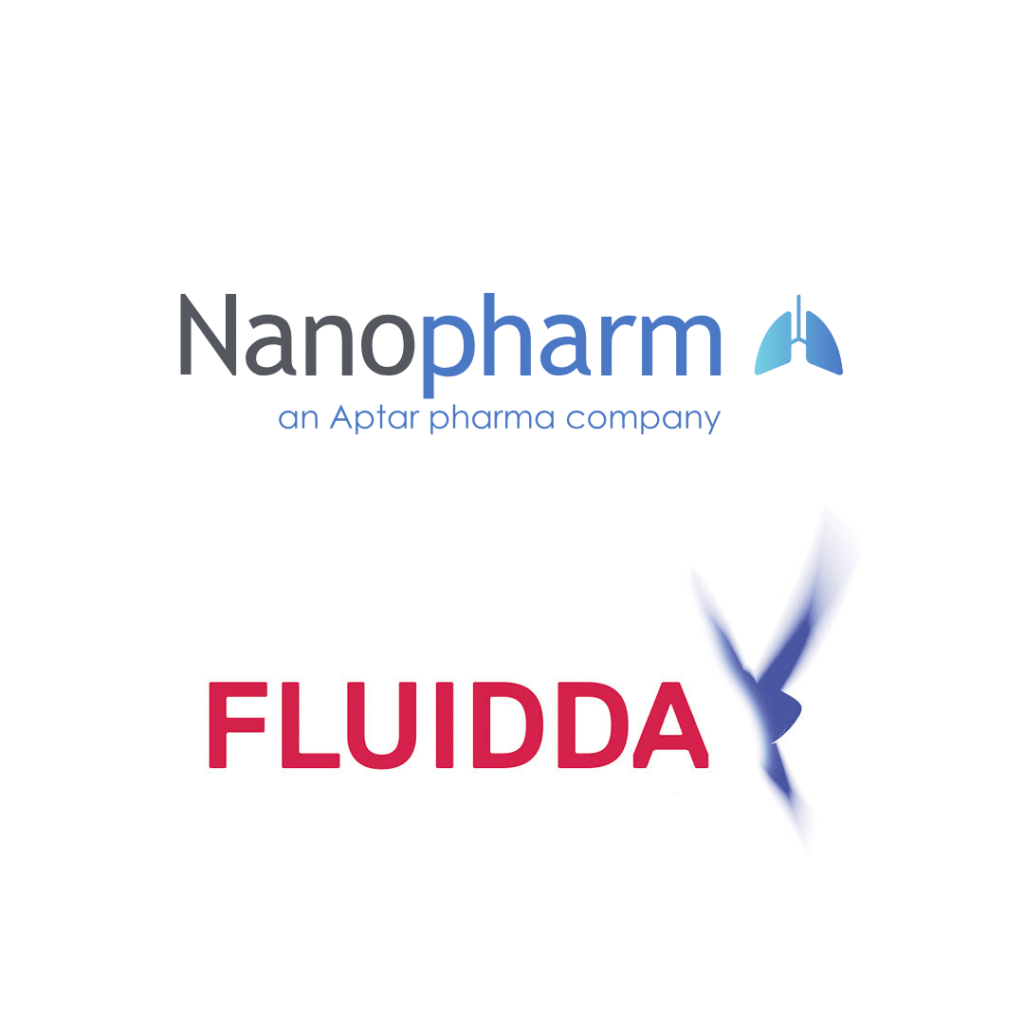In the final instalment of our series on the fast-changing alternative bioequivalence landscape, Nanopharm’s Dr. Eleanor Canipa, Dr. Will Ganley reflect with Dr. Jan de Backer of Fluidda, on recent progress and consider what might come next.
For many years, bioequivalence has been a major challenge for generics companies looking to bring orally inhaled and nasal drug products (OINDPs) to market.
The cost, complexity and extended timescales involved in co-ordinating Clinical Endpoint Studies has presented a significant point of friction in the process of submitting an abbreviated new drug application (ANDA). In recent years, however, the shifting regulatory stance on alternative bioequivalence has changed the game.
Nanopharm and Fluidda have not only had a front-row view of these developments, they have also been key contributors to the conversations that have got us here. In this final instalment of our video series, Dr. Will Ganley, Senior Specialist in Computational Science at Nanopharm, and Dr. Jan de Backer, CEO of Fluidda, summarise the journey so far and look ahead to what comes next.
For Dr. Ganley, the public workshops hosted by the U.S. Food and Drug Administration (FDA) and the Center for Research on Complex Generics (CRCG) in recent years are significant milestones. Specifically, he referenced the event hosted in April 2023, which featured an entire session on in silico methods (including presentations from Nanopharm and Fluidda) and, tellingly, an exploration of those methods from a clinical science perspective.[1]
Subsequently, in May 2024, the same hosts held an event focused on the relatively new concept of a Model Master File (MMF).[2] Dr. de Backer says this workshop effectively “laid the groundwork for what a Model Master File should be”, energising attendees with a blueprint for the future potential of such a framework while also providing a helpful platform for direct dialogue between Nanopharm, Fluidda and the FDA on the development of MMF.
With the separate announcement in 2024 of the establishment of the Center for Drug Evaluation and Research (CDER) Quantitative Medicine (QM) Center of Excellence (CoE), Dr. de Backer says there is positive momentum around the FDA’s position on alternative bioequivalence. “I think it [the workshop] was a good step in the right direction. We’re following up with the agency and trying to tie it all together, but I think they are all very good signs.”
[1] FDA and the Center for Research on Complex Generics (CRCG): Considerations for and Alternatives to Comparative Clinical Endpoint and Pharmacodynamic Bioequivalence Studies for Generic Orally Inhaled Drug Products, April 2023
[2] FDA and the Center for Research on Complex Generics (CRCG): Considerations and Potential Regulatory Applications for a Model Master File, May 2024.


